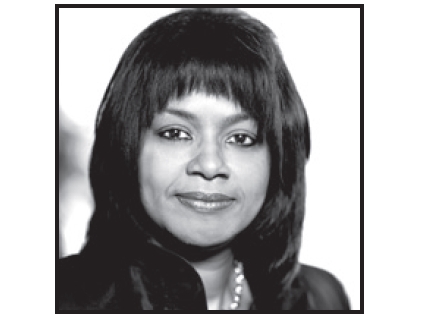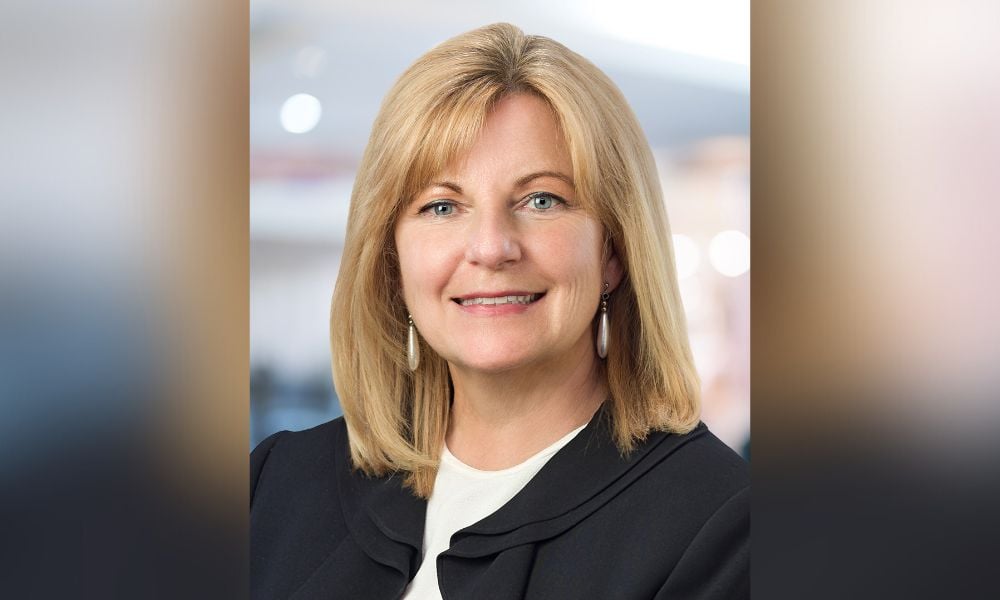Expanding in emerging markets demands a careful touch, but the rewards far outweigh the risks
By Lori-Ann Beausoleil
WHEN IT COMES to global expansion, Canadian companies are typically a cautious bunch. This may be why only 30 per cent of them have operations in emerging markets where there's a higher risk of corruption, compared to 50 per cent of organizations globally. Caution, however, could be keeping Canadian companies – particularly those in mining, oil and gas, engineering and construction – from achieving their full potential.
There's no doubt that Canadian companies working in these countries are faced with many challenges, including a lack of enforcement mechanisms. But there are success stories, and these owe their success in large part to having a board, management and staff that understand and can navigate the maze of cultural, regulatory and legal issues in foreign jurisdictions.
However, while 38 per cent of Canadian respondents to our 2014 Global Economic Crime Survey are pursuing opportunities in emerging countries, less than half of them plan on changing their current processes, internal controls or policies to address corruption risks, relying instead on traditional North American due diligence and risk management, which may not be appropriate in these markets.
“With the Foreign Corrupt Practices Act [FCPA], the UK Bribery Act and the most recent changes to the Canadian legislation [the Corruption of Foreign Public Officials Act (CFPOA)], clearly that isn't sufficient,” says Sally Gomery, a partner at Norton Rose Fulbright Canada LLP. “There needs to be new attention paid. That takes an investment of time, money and resources.”
An advisor can provide the cultural and regulatory awareness essential for conducting due diligence and deal integration, but the company must have a culture in place that supports compliance. Being proactive on anti-bribery and corruption (AB&C) activities, for example, can make a real difference during post-deal integration. In the US, the Securities Exchange Commission and Department of Justice have often decided not to take action against companies that voluntarily disclose issues, instead working with them on remediation.
Advisors can also focus a company's attention on risk areas, such as the use of third-party contractors. “Recent Canadian cases have proven that there is potential liability when an agent or third-party contractor manages an important aspect of a company's business,” explains Ken Jull, a partner at Baker and McKenzie LLP. “Before an acquisition, it is important to determine whether the target has an appropriate due diligence process in place, one that covers third parties.”
At PwC, we'll often work with companies and their counsel throughout the deal integration or new entry process to develop cost-effective, yet robust, AB&C programs — including setting up the right controls to govern compliance, which include monitoring of sensitive activities and a schedule for regular audits and site visits.
But most importantly, we ensure everyone is trained on their regulatory responsibilities. Training is the most critical part of complying with bribery and corruption regulations. One weak link can lead to litigation, and lack of knowledge is not a legitimate defence. By training everyone involved on both regulatory requirements and on how to navigate cultural differences, companies can ensure everyone they work with is on the same page with respect to what is and is not appropriate behaviour.
“Continued due diligence after a transaction is also very important and will be rewarded,” Jull says. “Under the FCPA in the US, they will be fairly forgiving if you acquire a company and find problems after the fact, if you self-disclose.”
General counsel should take an active role throughout the deal integration and after the integration process — from helping develop the AB&C program to monitoring compliance-sensitive activities. By staying on top of issues, regulatory changes and sensitive transactions, general counsel can keep inappropriate activities in check.
Ultimately, Canadian organizations have a right to be cautious when considering deals in emerging markets. Securities commissions in North America and abroad have made a strong commitment to enforcing AB&C regulations, and we've already seen three corporate convictions under the CFPOA, and the first individual conviction in Canada.
At the same time, organizations should not be intimidated by corruption risk. With robust deal, vendor and third-party due-diligence procedures, supported by experienced advisors who can provide cultural, regulatory and legal expertise, companies can make informed decisions on how to manage risks in these emerging markets where they want to grow.
Lori-Ann Beausoleil, CA, Deals Partner, is National Leader of PwC's Forensic Consulting practice.
By Lori-Ann Beausoleil
WHEN IT COMES to global expansion, Canadian companies are typically a cautious bunch. This may be why only 30 per cent of them have operations in emerging markets where there's a higher risk of corruption, compared to 50 per cent of organizations globally. Caution, however, could be keeping Canadian companies – particularly those in mining, oil and gas, engineering and construction – from achieving their full potential.
There's no doubt that Canadian companies working in these countries are faced with many challenges, including a lack of enforcement mechanisms. But there are success stories, and these owe their success in large part to having a board, management and staff that understand and can navigate the maze of cultural, regulatory and legal issues in foreign jurisdictions.
However, while 38 per cent of Canadian respondents to our 2014 Global Economic Crime Survey are pursuing opportunities in emerging countries, less than half of them plan on changing their current processes, internal controls or policies to address corruption risks, relying instead on traditional North American due diligence and risk management, which may not be appropriate in these markets.
“With the Foreign Corrupt Practices Act [FCPA], the UK Bribery Act and the most recent changes to the Canadian legislation [the Corruption of Foreign Public Officials Act (CFPOA)], clearly that isn't sufficient,” says Sally Gomery, a partner at Norton Rose Fulbright Canada LLP. “There needs to be new attention paid. That takes an investment of time, money and resources.”
An advisor can provide the cultural and regulatory awareness essential for conducting due diligence and deal integration, but the company must have a culture in place that supports compliance. Being proactive on anti-bribery and corruption (AB&C) activities, for example, can make a real difference during post-deal integration. In the US, the Securities Exchange Commission and Department of Justice have often decided not to take action against companies that voluntarily disclose issues, instead working with them on remediation.
Advisors can also focus a company's attention on risk areas, such as the use of third-party contractors. “Recent Canadian cases have proven that there is potential liability when an agent or third-party contractor manages an important aspect of a company's business,” explains Ken Jull, a partner at Baker and McKenzie LLP. “Before an acquisition, it is important to determine whether the target has an appropriate due diligence process in place, one that covers third parties.”
At PwC, we'll often work with companies and their counsel throughout the deal integration or new entry process to develop cost-effective, yet robust, AB&C programs — including setting up the right controls to govern compliance, which include monitoring of sensitive activities and a schedule for regular audits and site visits.
But most importantly, we ensure everyone is trained on their regulatory responsibilities. Training is the most critical part of complying with bribery and corruption regulations. One weak link can lead to litigation, and lack of knowledge is not a legitimate defence. By training everyone involved on both regulatory requirements and on how to navigate cultural differences, companies can ensure everyone they work with is on the same page with respect to what is and is not appropriate behaviour.
“Continued due diligence after a transaction is also very important and will be rewarded,” Jull says. “Under the FCPA in the US, they will be fairly forgiving if you acquire a company and find problems after the fact, if you self-disclose.”
General counsel should take an active role throughout the deal integration and after the integration process — from helping develop the AB&C program to monitoring compliance-sensitive activities. By staying on top of issues, regulatory changes and sensitive transactions, general counsel can keep inappropriate activities in check.
Ultimately, Canadian organizations have a right to be cautious when considering deals in emerging markets. Securities commissions in North America and abroad have made a strong commitment to enforcing AB&C regulations, and we've already seen three corporate convictions under the CFPOA, and the first individual conviction in Canada.
At the same time, organizations should not be intimidated by corruption risk. With robust deal, vendor and third-party due-diligence procedures, supported by experienced advisors who can provide cultural, regulatory and legal expertise, companies can make informed decisions on how to manage risks in these emerging markets where they want to grow.
Lori-Ann Beausoleil, CA, Deals Partner, is National Leader of PwC's Forensic Consulting practice.
Lawyer(s)
Kenneth E. Jull
Sally A. Gomery





